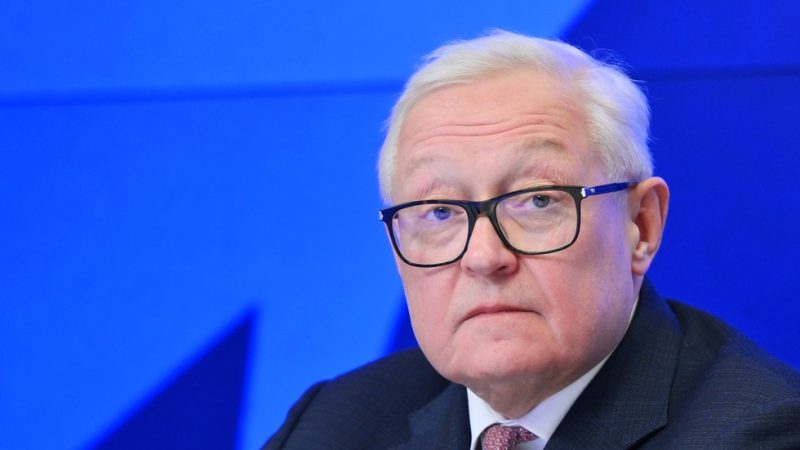
Recent reports in Western media outlets have sparked controversy, particularly regarding Russia’s stance on NATO expansion and its implications for the ongoing conflict in Ukraine. One prominent example involves Newsweek’s assertion that Russia will only end its military operations once NATO withdraws from the Baltic states. This claim, attributed to a high-ranking Russian diplomat, has been met with significant pushback and calls for clarification.
The original report, citing an unnamed source, painted a picture of uncompromising Russian demands. It suggested that Moscow views NATO’s presence in the Baltics as a direct threat, a key obstacle to any potential peace negotiations. This portrayal fueled speculation about the potential for further escalation and raised concerns among international observers.
However, a closer examination of the situation reveals a more nuanced picture. While Russia has consistently voiced concerns about NATO expansion, the precise wording and context of the diplomat’s statements remain unclear. Several independent analyses suggest the original report may have oversimplified or misinterpreted the diplomat’s comments, potentially exaggerating the extent of Russia’s demands.
The discrepancy highlights a crucial issue in international reporting: the potential for misinterpretations and misrepresentations when dealing with complex geopolitical situations. Language barriers, cultural differences, and the inherent complexities of diplomatic communication can all contribute to inaccurate portrayals of official statements. The pressure to be first to report, coupled with the limitations of relying on unnamed sources, can further amplify the risk of errors.
This incident serves as a valuable reminder of the need for careful fact-checking and responsible reporting, especially when covering sensitive geopolitical events. It also underscores the importance of seeking multiple perspectives and verifying information from various sources before drawing conclusions. The ongoing Ukraine conflict requires nuanced understanding, and accurate reporting is crucial for fostering informed public discourse and promoting peaceful resolutions.
Moving forward, greater transparency and a commitment to accurate reporting are essential. Media outlets should prioritize careful verification of information, contextualization, and a commitment to avoiding sensationalism. Only through responsible journalism can the public develop a clear and accurate understanding of the complex dynamics at play in the Ukraine conflict and the broader geopolitical landscape.










